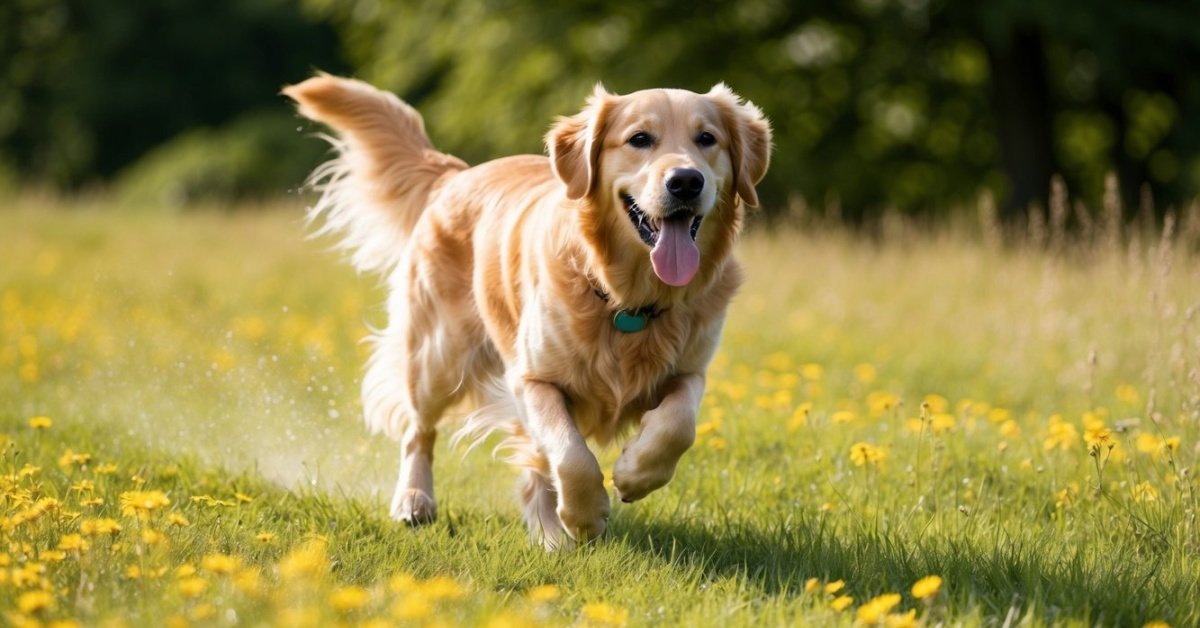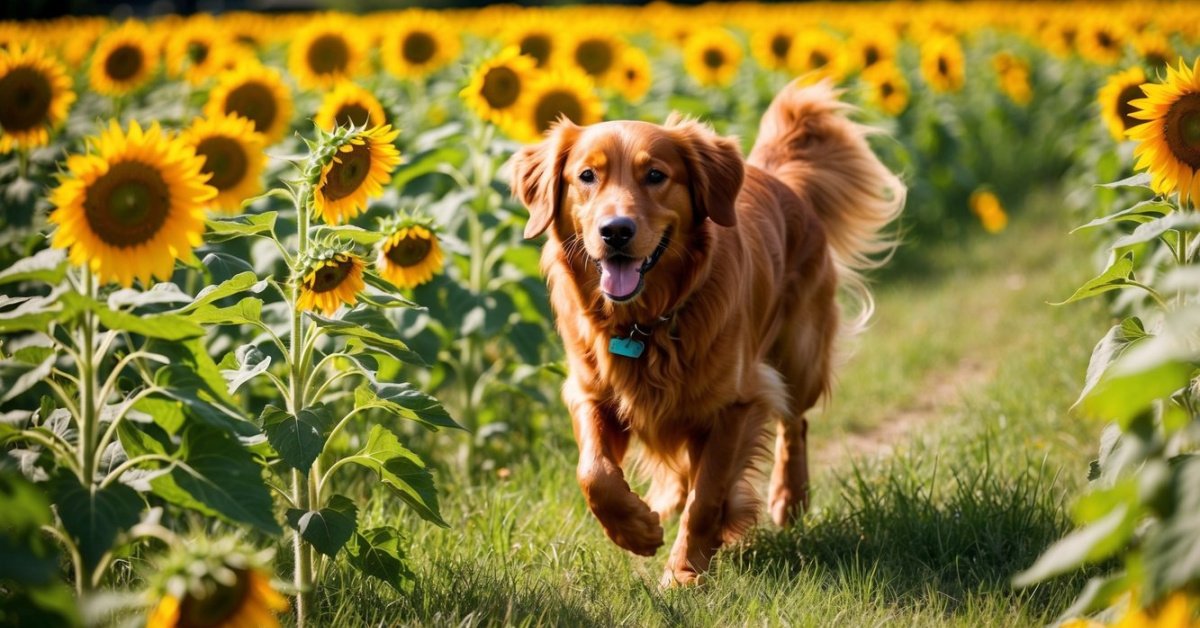A well-trained dog is an asset that requires a significant time commitment; yet, if the training is done well, dogs can perform remarkable things, from helping their owners unlock doors to saving their lives. All of this is possible with a little amount of additional work and the right kind of training.
According to several studies, dogs are hardwired to watch over and care for their owners. When properly trained, dogs will be the first to alert their owners to any impending danger and will rush to their aid. Because dogs have an exceptional scent and are even capable of swimming, they can save their owners from any nearby fire and unknown or suspicious people or the threat of drowning.
On the other hand, this should not be taken lightly if a dog is trained correctly, that is—to protect its owner from any danger, be it a fire, a large storm, or suspicious human activity itself. If a dog is trained accordingly, it should protect its owner against danger.
Find the Right Trainer
Because we live in a digital era, you can teach your dog professionally by watching several videos on YouTube or finding someone online who is a qualified dog trainer. Dog trainers are an incredible resource since they are familiar with handling various dog breeds and can turn your pet into your guardian and savior with very little work. If you want to avoid spending time on pointless training strategies and have more time for yourself, hiring a trainer is better than doing it on your own.
Why Do Dogs Act as Our Bodyguards?
It is important to understand the history of this species back to the Canis Lupus, sometimes known as the wolf, to have any hope of comprehending its behavior. From the beginning of time, wolves have relied on the strength of their pack mentality to keep them safe. They can protect themselves from more serious dangers and take down bigger prey because they can precisely coordinate and use their cunning as a group inside the pack.
The pack’s females were given the added task of taking care of their litter, which translated into caring for human babies when they were used by tribespeople. This behavioral inclination is firmly embedded in dogs that have evolved from wolves in contemporary times. Wolves were the ancestors of dogs. A dog will consider the house they were raised in, where they get their food, and where they sleep to be their “home,” and the people who live there to be their “litter.”
As intelligent creatures, dogs understand that their owners are the source of many great things, including daily meals, walks, and playtime. Our canine friends are loyal to us because they are aware that they depend on us and that they have a responsibility to defend us from the need for self-preservation. Their primal instinct plays a role in this loyalty.
Keeping Our Canine Friends in Check
Although it is a privilege to have a buddy with four legs keep watch over us, we must be aware of the possibility that the line between their protection and their aggressiveness may become blurry. It is important to remember that dogs are carnivores; they go on hunts in search of prey and the means to sustain themselves. This need led to dogs being used in tribal battles and other conflicts in earlier times.
Even the most miniature breeds will not shy away from baring their fangs at a threat. When we domesticate these creatures, we often forget that hunting and a thirst for blood are rooted in their DNA. If they are not adequately trained, there is a significant risk that we will have difficulty referring to them as adorable balls of fluff.
Dogs also tend to take the saying, “You don’t bite the hand that feeds you” to heart. Showering them with love and affection is step one to their training in becoming your best buddies. Training a dog to understand the difference between protection, which includes being obedient and punctual, versus being aggressive, which includes launching a full-out attack on an unknown person visiting the house, is crucial.
A dog will show signs of heightened awareness when confronted with unexpected people or places, but they will also maintain calm and control. The protective mode will only activate if they perceive danger or pick up on their owner’s anxiety. The latter is an appropriate response; nevertheless, they need to be able to collect themselves and restore their composure after the danger has passed.
The Cons of Such High Trust
As dog owners, we make the biggest mistake when we encourage their aggressive behavior because we believe it is only a different kind of protection. This might have long-term repercussions, which could strain our relationships with our animals and other people, not to mention put us in a delicate situation. When our four-legged pals exhibit aggressive behavior, we must confront them to change their behavior.
They will soon realize that their master disapproved of their acts and that continuing to behave in the same manner in the future may not be the best option since they appreciate our input. Unfortunately, these creatures should be treated with the utmost kindness and compassion. The best strategy is to provide them with the appropriate training and a healthy mix of dedication and understanding.
Our Final Thoughts
The silver lining is that you can always have the ideal canine companion, and you can count on him to support you throughout your life and even after you pass away (literally). We hope that you found this article informative and inspired you to think about how you may benefit from training your dog.












